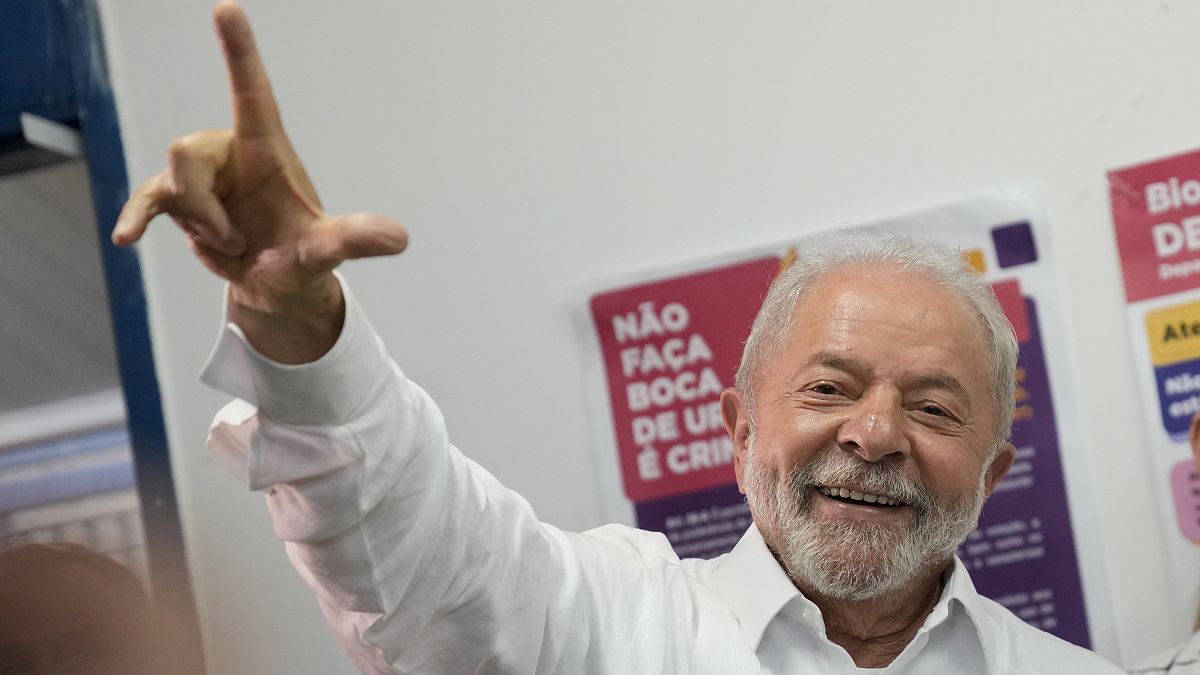The EU-Mercosur trade deal is still to be ratified by member states, after being put on hold since 2019.
Lula da Silva’s narrow victory in Brazil’s presidential election could have a significant impact on the relationship between the Latin American country and the European Union, an expert told Euronews.
Emily Rees, a senior fellow at the European Centre for International Political Economy (ECIPE) said that with Jair Bolsonaro gone, relations between Brussels and Brazil will inevitably change.
"There is no doubt that the election of the 77-year-old trade unionist backed at the helm of Brazil will provide an impetus from a political level in terms of EU-Brazilian relations, which have been tarnished over the past years."
European Commission president, Ursula von der Leyen, congratulated da Silva via Twitter Monday on his election victory and stressed three main areas of collaboration: food security, trade and climate change.
Probably the biggest outstanding issue is the ratification of the EU-Mercosur trade deal: an agreement finalised in 2019 between the EU and the South American bloc, formed by Argentina, Brazil, Paraguay and Uruguay.
It still needs to be ratified by European governments, but Rees said it could now be revived, albeit, with some partial amendments.
"The European Commission has been negotiating a side instrument on environment and climate," Rees told Euronews.
"This should be, I would say, an easier feature in terms of negotiations from here on. But we will also see Brasilia looking to maybe add some instruments of its own, notably in the area of intellectual property, public procurement.
"Any theme or policy that could help improve industrialise or reindustrialise, Brazil, which has been a motor of this campaign."
Reservations remain within the European Parliament, however, including Anna Cavazzini, an MEP for the Greens/European Free Alliance Group.
"What is important, first and foremost, is that Lula and his team restore the environmental protection laws in Brazil and especially also strengthen all the institutions that are important for the enforcement of forest protection," Cavazzini told Euronews.
"Because under Bolsonaro the forest policy was a disaster and this is a precondition, I think, for any talks about any free trade. Secondly, it is important that they renegotiate the deal, at least partially."
More difficult could be Brazil's alignment with the EU regarding the war in Ukraine. Up to now, the country has imposed no sanctions on Moscow and a radical change within da Silva's mandate seems unlikely.
